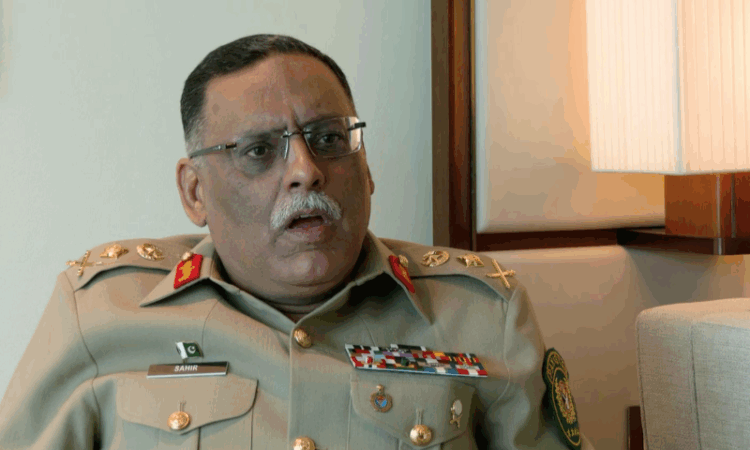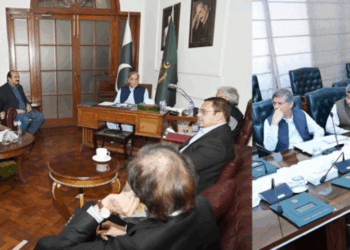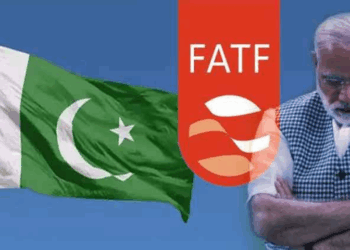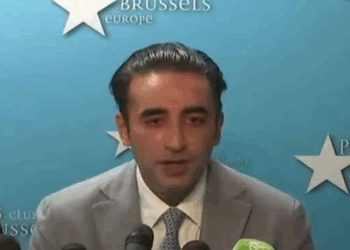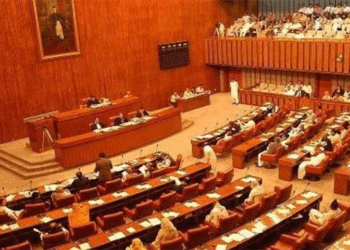Singapore, May 30, 2025: Pakistan and India are close to reducing troop levels along their tense border to pre-conflict positions, General Sahir Shamshad Mirza, Chairman of Pakistan’s Joint Chiefs of Staff Committee (CJCSC), said on Friday, warning, however, that the recent military confrontation has raised the long-term risk of escalation between the two nuclear-armed rivals.
Speaking to Reuters on the sidelines of the Shangri-La Dialogue in Singapore, Gen Mirza said the two sides were returning to positions held before the crisis erupted earlier this month over Indian accusations—without evidence—of Pakistani involvement in a deadly attack in occupied Kashmir’s Pahalgam.
In response to the claims, India launched airstrikes on Pakistani territory in early May, resulting in civilian casualties. Pakistan retaliated by shooting down five Indian fighter jets. The conflict escalated with cross-border drone interceptions and tit-for-tat strikes on airbases before a U.S.-brokered ceasefire was agreed on May 10.
“We have almost come back to the pre-22nd April situation… we are approaching that, or we must have approached that by now,” Gen Mirza said, making him the most senior Pakistani military official to publicly comment since the hostilities.
India’s defence ministry and its chief of defence staff did not respond to Reuters’ requests for comment.
Although the situation did not involve nuclear threats, Mirza stressed the seriousness of the escalation. “Nothing happened this time… But you can’t rule out strategic miscalculation when a crisis is underway,” he said, noting that this latest episode expanded beyond the Kashmir region, increasing the likelihood of wider conflict in future incidents.
“This (conflict) lowers the threshold between two nuclear neighbours. The next time, it may not be confined to Kashmir — it could involve all of Pakistan and all of India,” he warned. “This is a very dangerous trend.”
General Mirza also pointed out the lack of crisis communication mechanisms between the two sides. Aside from hotlines between directors general of military operations and a few tactical-level links, no structured platform exists for timely de-escalation. There are also no backchannel or informal talks underway, he added.
“The time window for the international community to intervene is now much shorter. Serious damage could occur before diplomacy has a chance to work,” he said, while reiterating Pakistan’s openness to dialogue over conflict.
When asked about possible talks with India’s Chief of Defence Staff Gen Anil Chauhan, who is also attending the Shangri-La Dialogue, Mirza said there were no plans for a meeting.
India’s Foreign Ministry has remained firm in its stance, repeating its long-held line: “Talks and terror don’t go together.”
Meanwhile, Indian Defence Minister Rajnath Singh, speaking aboard the aircraft carrier INS Vikrant, said India would not hesitate to use its naval strength in future conflicts.
“If Pakistan resorts to anything evil or unethical, it will face the full force and ire of the Indian Navy,” Singh declared. He confirmed that ‘Operation Sindoor’, India’s military response earlier this month, had been paused, but was “not yet over.”
In response, Pakistan’s military has referred to its May 12 statement, warning of a “comprehensive and decisive” response to any threat against the country’s sovereignty and territorial integrity.


